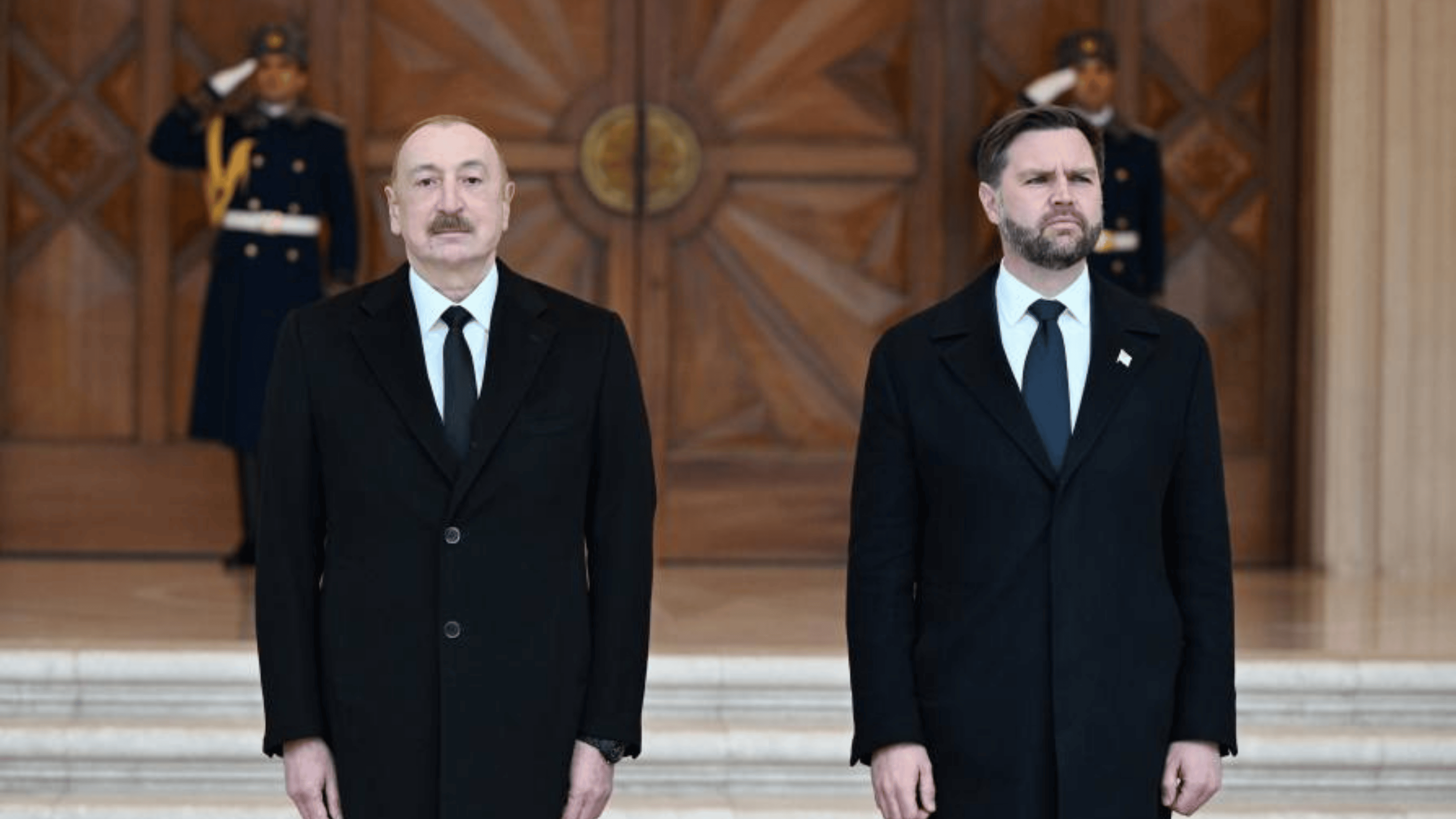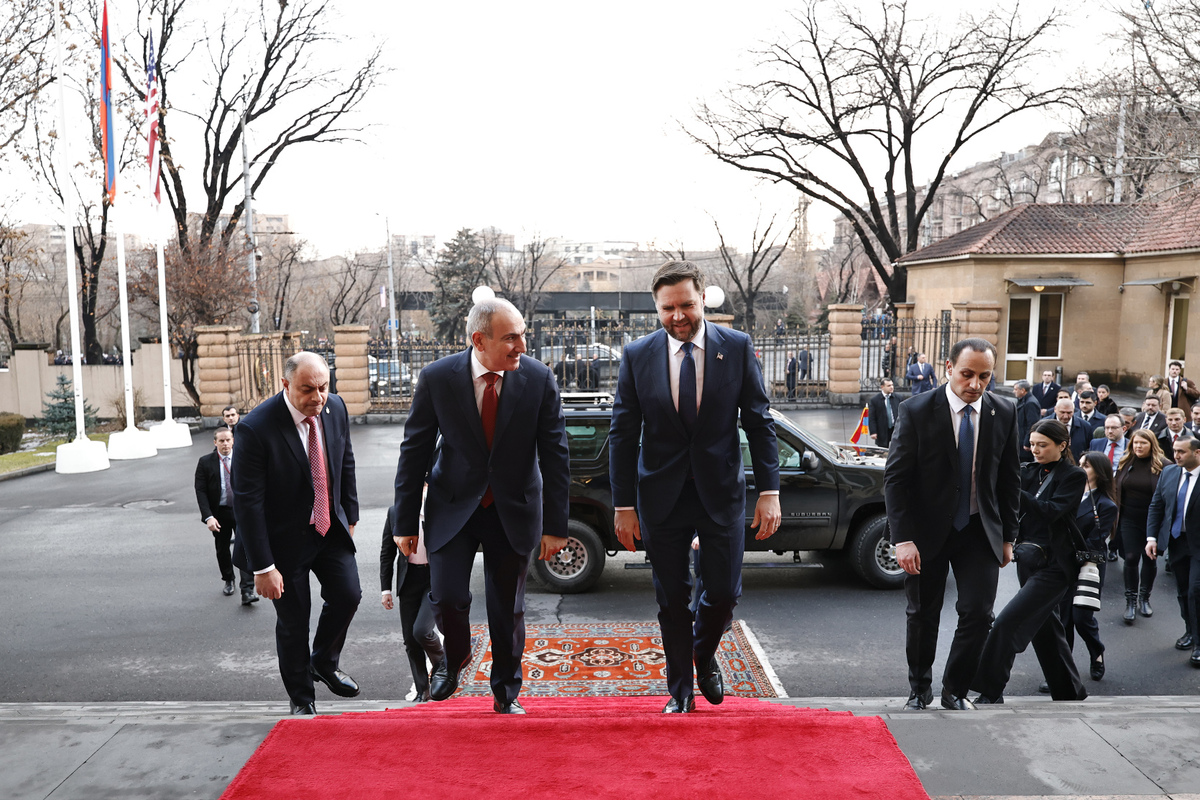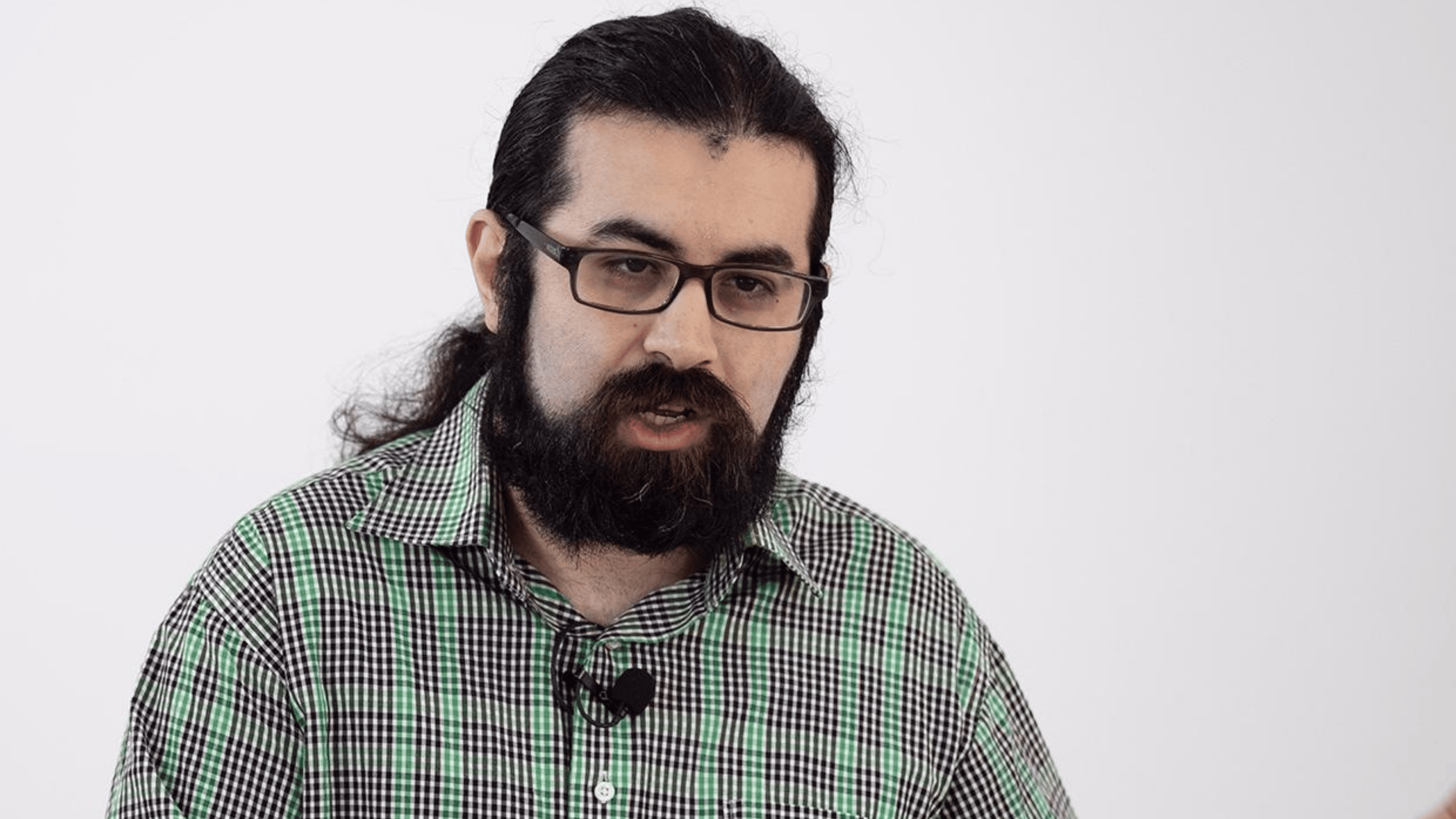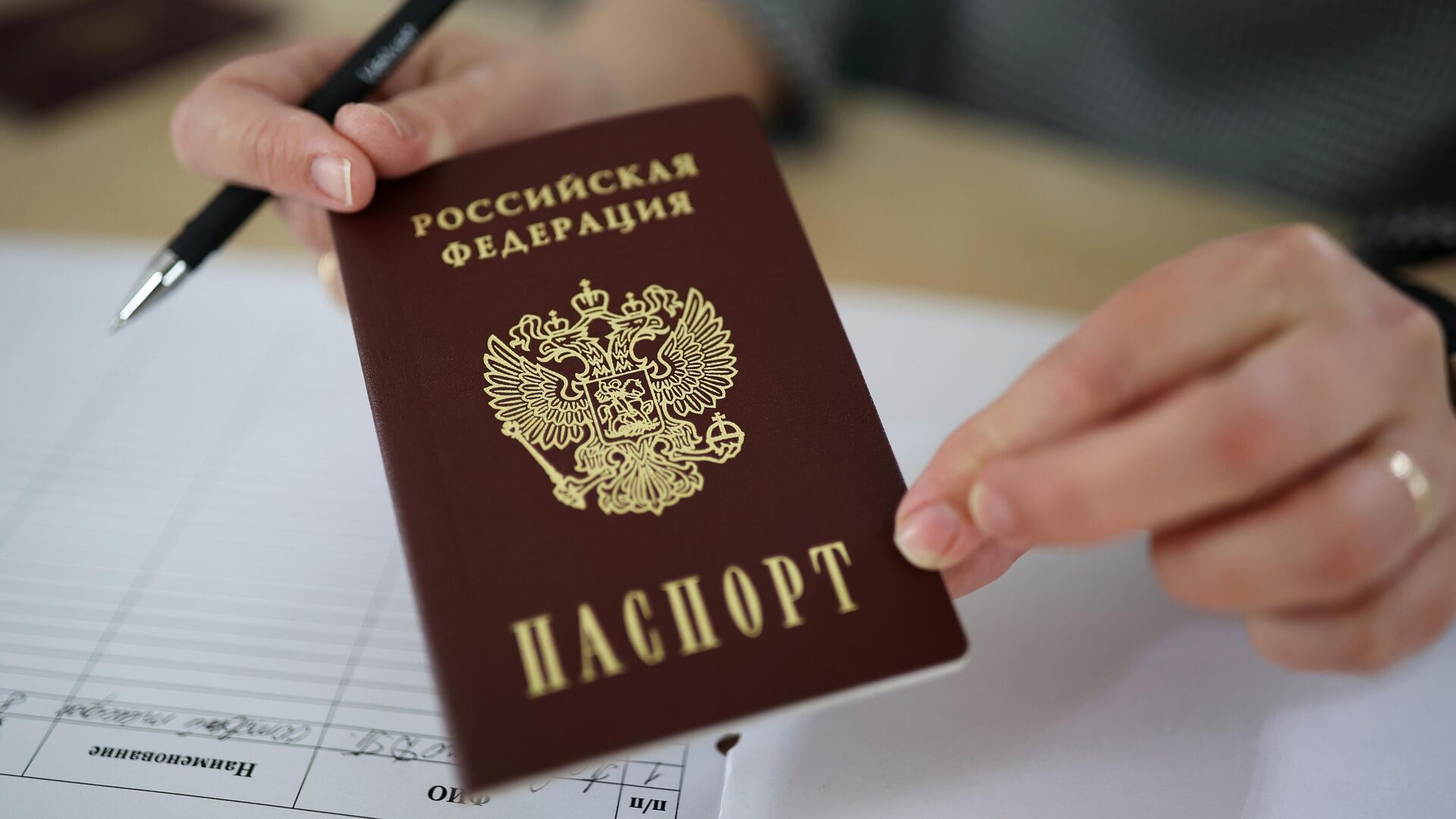Why Georgia has no US ambassador – a dangerous political game
The United States has not had a permanent ambassador to Georgia for almost a year now.
Since Ambassador Ian Kelly’s term expired in April 2018, the leading position at the embassy has been occupied by deputy chiefs of mission.
For almost half a year, the duties of the ambassador were performed by Elizabeth Rood. In November 2018, she was replaced by Ross Wilson, who will complete his six-month mission this summer.
Given the importance of relations between Georgia and the US, observers in both Tbilisi and Washington are actively discussing the issue and its consequences.
US ambassador candidate vetoed by head of ruling party Ivanishvili?
Foreign Policy wrote in December 2018 that Washington had proposed the candidacy of Bridget Brink for the spot. However, she was vetoed by the head of the ruling Georgian Dream party, former Prime Minister Bidzina Ivanishvili.
The alleged reason: Brink has too much sympathy for ex-President of Georgia Mikheil Saakashvili, whom the current Georgian authorities consider almost their main enemy, writes Foreign Policy, referring to anonymous sources.
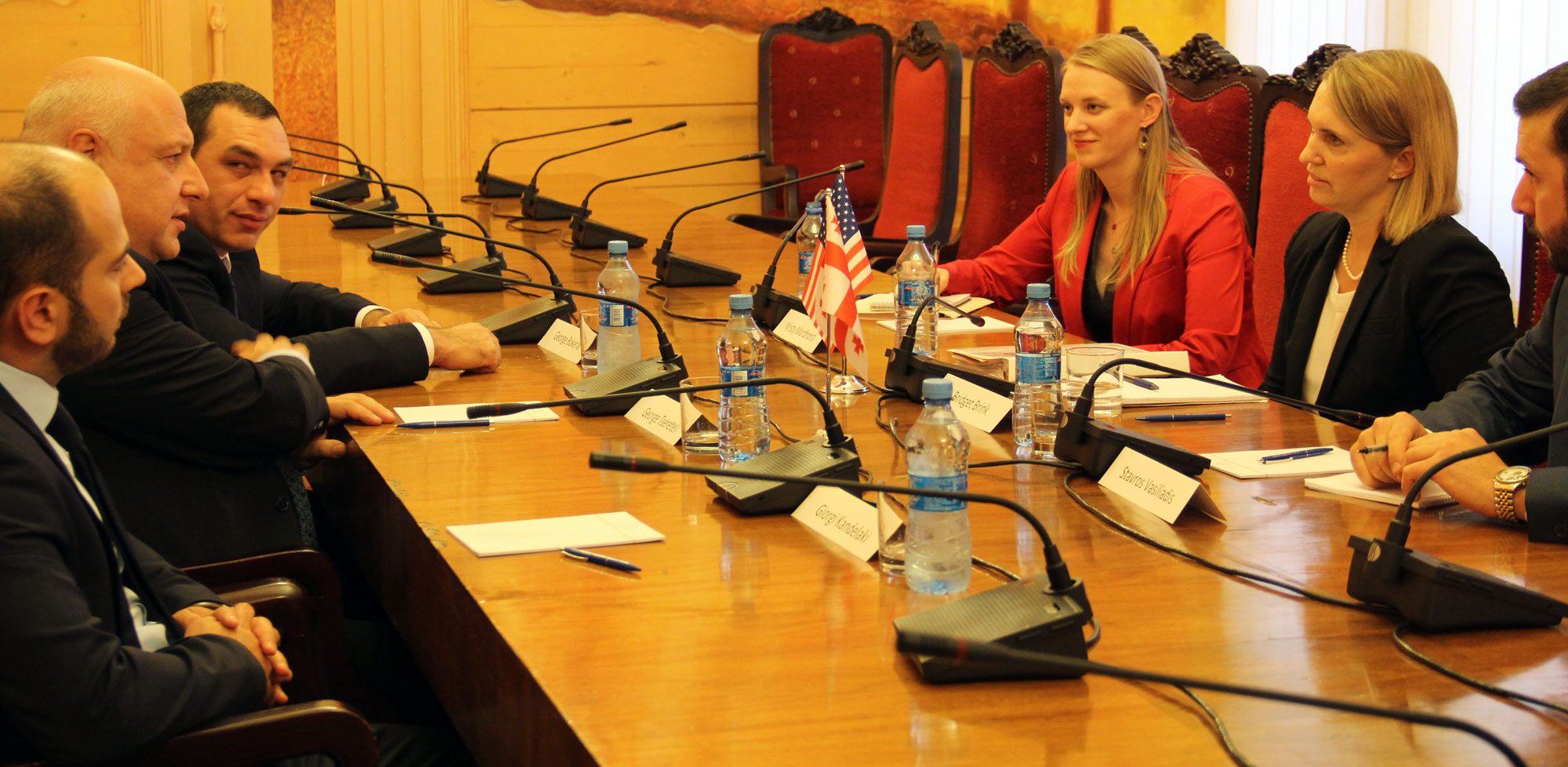
• Op-ed: Why has Georgia been allowed to buy Javelins?
• Six things about Saakashvili you wanted to ask Georgians
• Highlights of the US VP’s visit to Georgia
Who is Bridget Brink?
Bridget Brink is an experienced American diplomat, familiar with Georgia and the Caucasus since 2005.
From 2011-2014, Brink worked in Georgia as US Deputy Ambassador under Richard Norland. Before that, fom 2005–2008, she was the head of the Georgian politics and economics department at the embassy.
From 2009-2010, Brink worked in the administration of US President Barack Obama on national security issues, where she was assigned to the South Caucasus.
From 2015 to August 2018, she worked at the Bureau of European and Eurasian Affairs under Wess Mitchell, Assistant Secretary of State, and oversaw issues related to conflicts in the Caucasus and in the region.
Foreign Policy wrote in its article that officials in both Georgia and the United States describe Bridget Brink as a professional who has never expressed any signs of special favour towards the former president of Georgia nor his United National Movement party.
David Kramer, a former US Assistant Secretary of State, said in an interview with Voice of America that Bridget Brink is “a real professional diplomat, and she would make a good ambassador. It is regrettable … Georgia is hurting itself.”
What does the US embassy in Georgia say?
JAMnews contacted the US Embassy to find out why an ambassador has not yet been appointed, whether there is a specific period in which this must happen, and how the current situation may affect relations between the two countries.
We received the following answer:
“As previously noted by Georgia’s charge d’affaires Ambassador Wilson, the government in Washington is working on finding a candidate suitable for the post of ambassador to Georgia. The US attaches great importance to the issues of the diplomatic mission in Georgia, representatives, and that is why Ambassador Wilson was asked to take the place as adviser. We have no additional information about the appointment of the ambassador, or the dates of departure of acting Ambassador Wilson.”
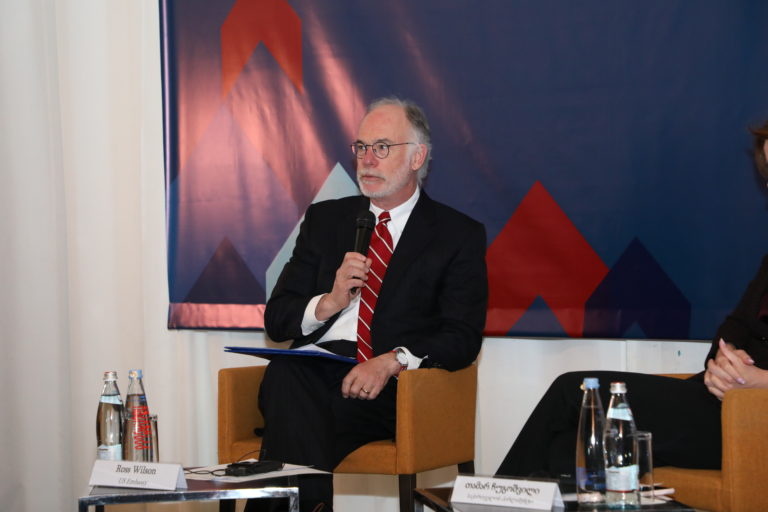
What does Tbilisi say?
The Georgian government has denied that Bidzina Ivanishvili and the ruling Georgian Dream party have blocked Bridget Brink’s candidacy.
Foreign Minister David Zalkaliani stated that Tbilisi does not interfere in the process of appointing ambassadors of other countries to Georgia, and “it’s not correct to say that the appointment of Bridget Brink as US ambassador to Georgia is being blocked by the Georgian side.”
The Vice-President of the Atlantic Council of Georgia and former ambassador of Georgia to the USA, Batu Kutelia, says Georgia is now in a very strange position, which is the result of the incompetence of the government.
“Georgia has openly demonstrated to the United States its own preferences in connection with the ambassador’s candidacy. This is a very unsuccessful diplomatic step; by its action, the government has brought about a change in its reputation,” said Kutelia.
Kutelia further says that, as a rule, the acting ambassador is appointed for a period of six months, maximum a year. After this, an ambassador must be appointed.
“If the process continues, or if an ambassador is not appointed, it will be a violation in the diplomatic relations of the two countries. This will cause irreparable damage to our country and our partnership with the United States, and can turn many processes in the other direction,” says Kutelia.











